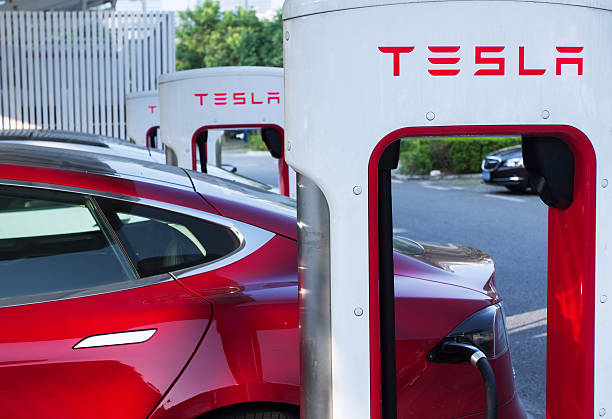Electric Vehicles in Indonesia: Towards Sustainable Future
Indonesia has been one of the crucial players in the global transition to electric vehicles (EVs) in the past few years. One country that has its sights set on becoming a leader in this space is the US; with its wealth of natural resources, growing economy, and ambitious climate goals. It has all the right arms to becoming a major centre for around KaxEV production and adoption. It is also known as E-2023 This article explores the electric vehicle situation in Indonesia, the challenges, opportunities, and the road ahead for this Southeast Asian country.
Electric Vehicles in Indonesia: The Current Landscape
Indonesia is the biggest economy in Southeast Asia and a country of more than 270 million people. With the accelerated process of urbanization, there is an increasing demand for sustainable transportation. Indonesia government has ambitious goal for EV adoption, result in 2.5 million EV on the road by 2030 and achieve carbon neutral by 2060.
Electric Vehicles in Indonesia: Policies and Initiatives of the Government
In a bid to spur the EV market, the Indonesian government has launched a slew of incentives:
Tax Advantages: When EV buyers pay lower luxury tax rates, EVs become more affordable.
Subsidies: These are financial incentives that are leveraged to promote electric two-wheelers and four-wheelers.
Developing Installing Charging Stations: Work together with the private sectors to set uping the ECG stations around the country
Local Manufacturing Support: Policies in Indonesia promote local EV and battery production due to the abundant nickel reserves essential for lithium-ion batteries.
Nickel: Indonesia’s Strategic Edge
Indonesia has the world’s biggest reserves of nickel, which makes it a key supplier of the metal for EV batteries. Such companies like Tesla and Hyundai have expressed interest to invest in Indonesia in the battery construction capacity. The nickel downstream industry development agenda ensures that the country remains competitive in the EV supply chain.
Electric Vehicles in Indonesia: Challenges to Overcome
Despite a bright outlook, overcoming challenges is essential to fully unlock EV potential in Indonesia.
High Upfront Costs: Even with incentives, EV prices are high compared to conventional cars.
Limited charging stations may dissuade potential buyers from investing.
Public Education: Lack of knowledge among many Indonesian consumers on the benefits and capabilities of EVs.
Energy Source Concerns: Indonesia’s electricity grid is still largely coal-powered, which complicates the short-term environmental benefits of EVs.
Electric Vehicles in Indonesia: Opportunities for Growth
Two-Wheeler Market: With millions of motorcycles currently licensed for use, moving to electric two-wheelers represents a massive opportunity.
Export Potential: With an increase in local manufacturing, Indonesia could become a significant exporter of electric vehicles and batteries.
EPS from using RES deployment to combine with EV use.
Job Creation: Building the EV ecosystem creates thousands of jobs all the way from manufacturing to infrastructure.
Players to Watch in Electric Vehicles in Indonesia Landscape
Here are several companies contributing to the Indonesian EV landscape:
Manufacturers such as Hyundai and Wuling have set up local factories and popularized EV models.
Grab and Gojek: Both companies are introducing electric vehicles to their fleets, demonstrating a commitment to sustainability.
Local Companies: State-owned entities such as Pertamina and PLN are playing a role in developing the EV ecosystem, including infrastructure like charging networks.

Electric Vehicles in Indonesia
Electric Vehicles in Indonesia: Looking Ahead
Indonesia’s shift to electric vehicles heralds an important step on its path to sustainability. Indonesia has the potential to lead the EV industry by addressing challenges using its resources and strategic location. The government, private sector, and society should collaborate to develop a strong EV ecosystem benefiting the environment and economy.
Indonesia’s adoption of electric vehicles signals hope for developing nations to pioneer sustainable innovation in a greener world.



Pingback: Electric Vehicles in Egypt: A Transformative Journey - Tech Master Online
GetResponse is a game-changer for email marketing! It offers powerful automation, user-friendly tools, and excellent deliverability—making campaigns seamless and effective. Plus, their analytics help optimize performance effortlessly. Great news! Now you can get 30% off until April 5th. Perfect time to upgrade or try it out! 🚀 Follow the link.